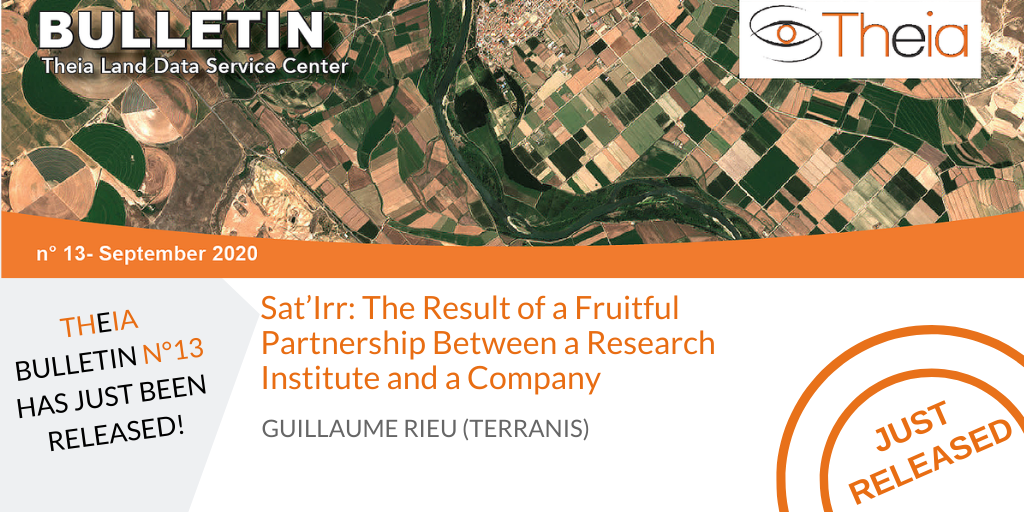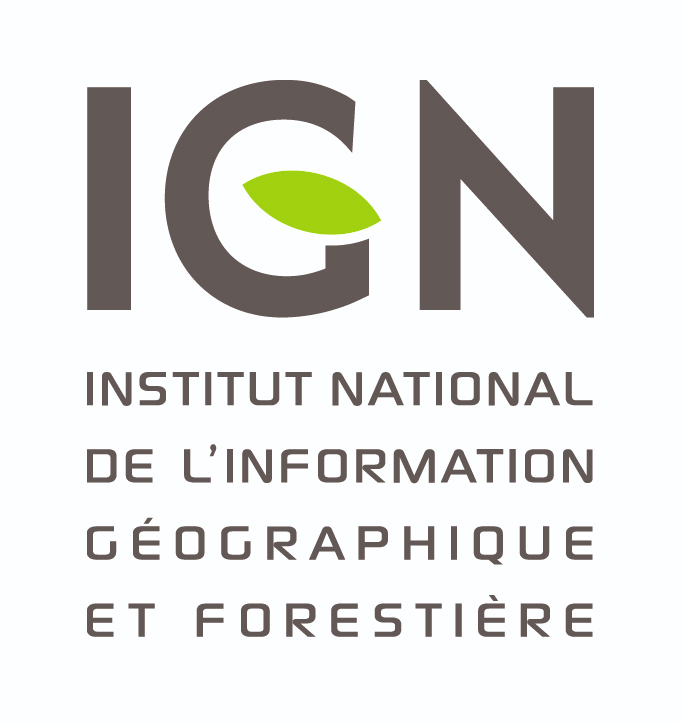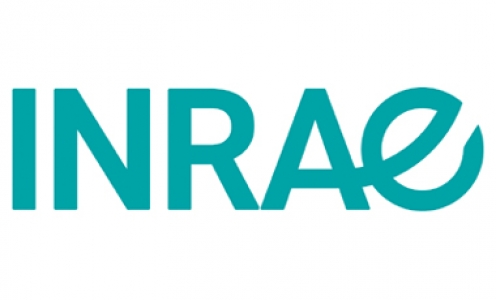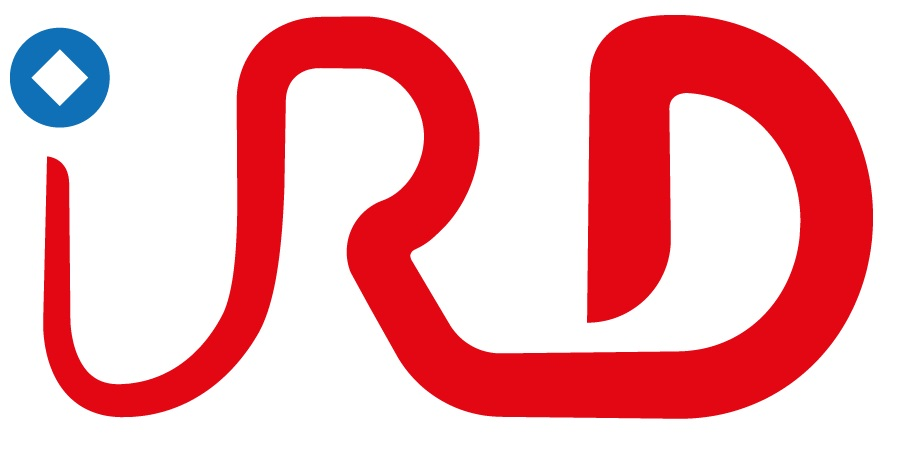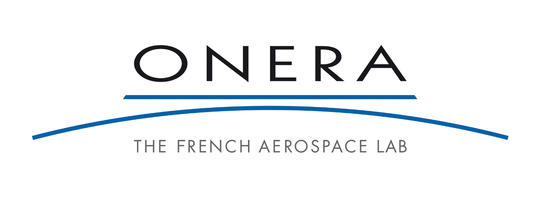Architect / technical coordinator of PHIDIAS project
General information
Reference : UMS2013-KARLEJ-002
Workplace : TOULOUSE,TOULOUSE
Date of publication : Friday, October 09, 2020
Type of Contract : FTC Technical / Administrative
Contract Period : 22 months
Expected date of employment : 2 November 2020
Proportion of work : Full time
Remuneration : Between 2437 € and 2616 € monthly gross salary
Desired level of education : PhD
Experience required : 1 to 4 years
Missions
The PHIDIAS architect will provide support to the PHIDIAS project to define its architecture (which will be the precursor of the architecture of the Data Terra Research Infrastructure).
He will participate in the coordination of technical activities, and in particular those implemented by two SMEs expert in advanced data dissemination.
He will check the adequacy and operationality of the technical solutions proposed to the challenges and objectives of the PHIDIAS project and those of Data Terra RI. He will also check the compatibility of the chosen solution with the means and practices of the CINES where the PHIDIAS system will be installed).
He will actively participate in the installation and integration activities of the various software components.
He will be in charge of validation activities (for SMEs and CINES).
This transversal coordination activity justifies an attachment to UMS2013 CPST within IR Data Terra.
Activities
– Support for the definition of the architecture of PHIDIAS (precursor of that of IR Data Terra)
– Participate in the technical coordination – management of the activities of two SME experts in the field
– Checking the suitability of the proposed solutions
– Installation and testing of systems developed on the target infrastructure at CINES
– Write test plans
Skills
– Lead a project
– Transmit knowledge
– Install and implement software
– Database construction rules and standards
– Write technical reports or documents
– Apply quality assurance procedures
– Ensure a technology watch
– Initiative
– Critical thinking
– Organizational skills
– Ability to work in a team
Work Context
The Data Terra research infrastructure “Data and services hub for the Earth system” aims to observe, understand and predict in an integrated manner the history, operation and evolution of the Earth system subjected to global changes. This requires the implementation of innovative infrastructures allowing the analysis, dissemination and intelligent use of data (spatial, in-situ), indicators and models from national and international observation systems (soil, sea, space ) as well as their availability to scientific communities, public and innovation actors and citizens.
Data Terra RI, included in the French RIs roadmap, benefits from the support and a coordinated policy of around thirty partner organizations and institutions. The Data Terra RI federates the activities of 4 data hubs covering the 4 compartments of the Earth system (solid earth “Form @ Ter”, Oceans “ODATIS”, Land surfaces “THEIA” and Atmosphere “AERIS”) as well as transversal bodies such as DINAMIS for access to spatial data, the Inter-poles to share expertise and experiences (interoperability, cataloging, DOI,) in the implementation of information systems.
The mission of the UMS CPST (Coordination of Data and Service Centers for the Earth System) is to support the activities of the Data Terra RI in its administration, management and technical coordination missions for infrastructures and centers data and services. Its main supervision is the CNRS / INSU, CNES, IFREMER, IRD, IRSTEA, IGN and Météo France.
PHIDIAS is a European project out of 36 which aims at the development and concrete realization of a set of interdisciplinary services and tools based on HPC. This is to enable Earth Systems Sciences to exploit large datasets of public European interest provided by Earth Observation by satellite. PHIDIAS will provide FAIR access to these processed datasets as well as value-added services: from “standard” data processing applied to heterogeneous Big-Data datasets, to more advanced services such as AI or HPC to request called “urgent computing”. This will be made possible by a large data storage capacity and a high bandwidth network across Europe.



